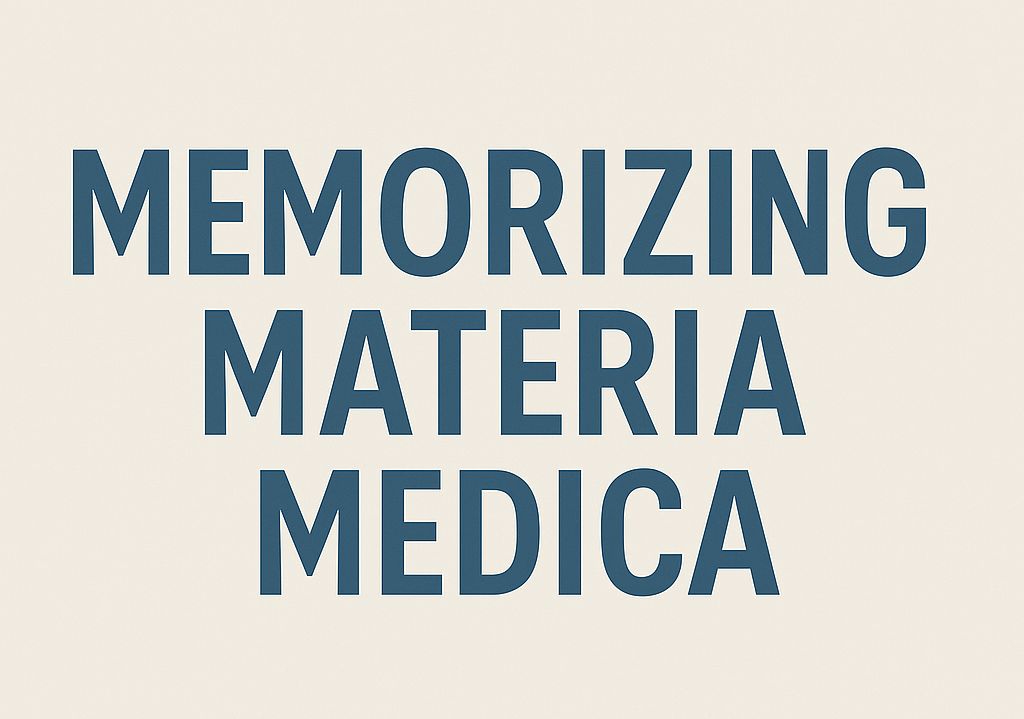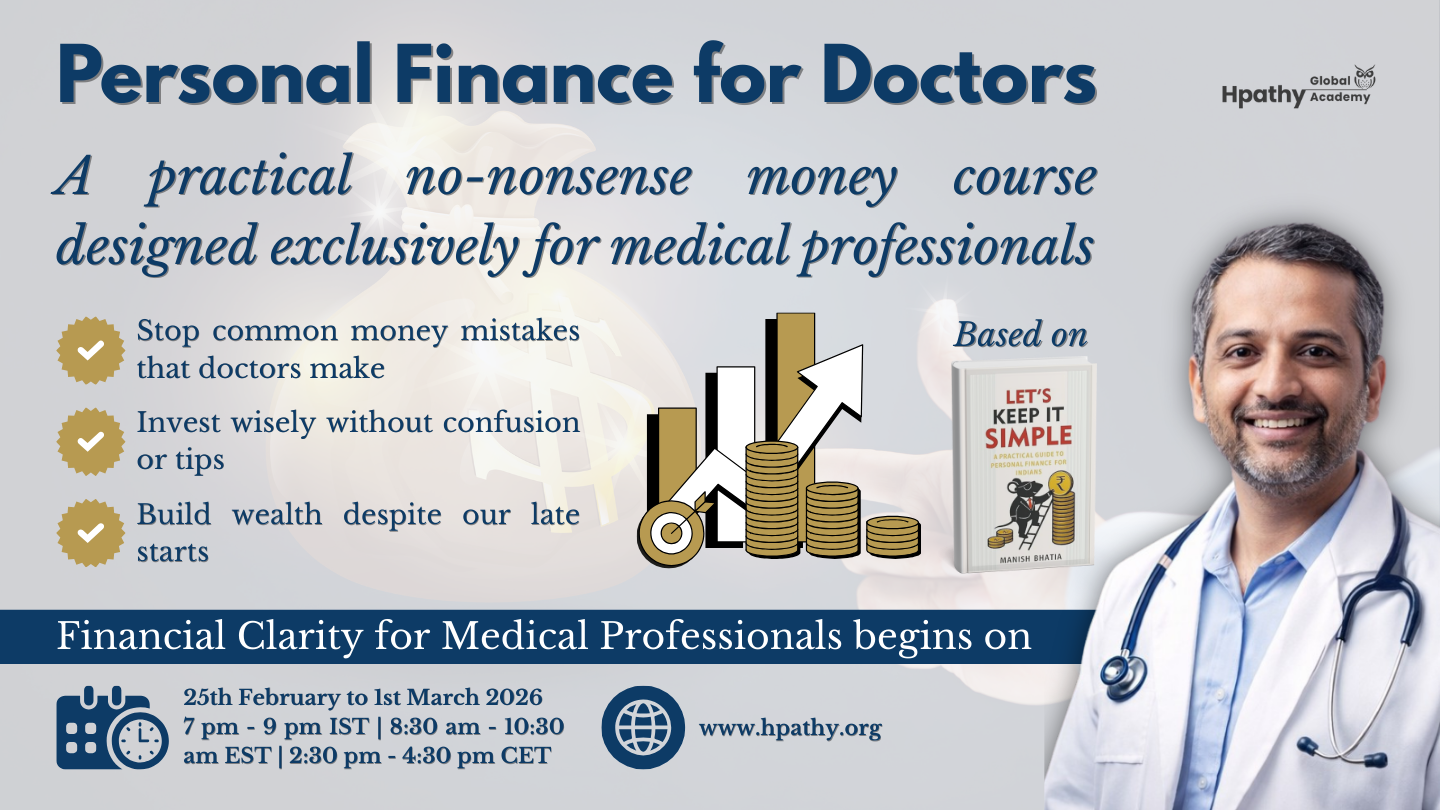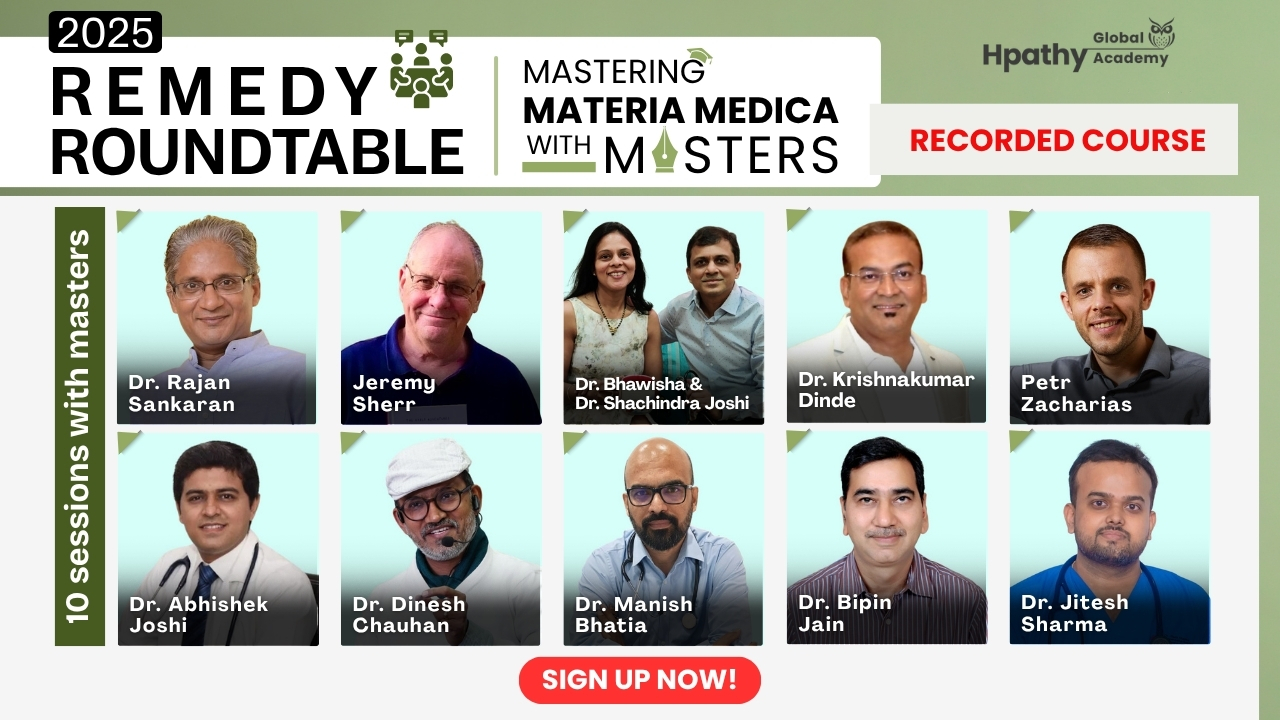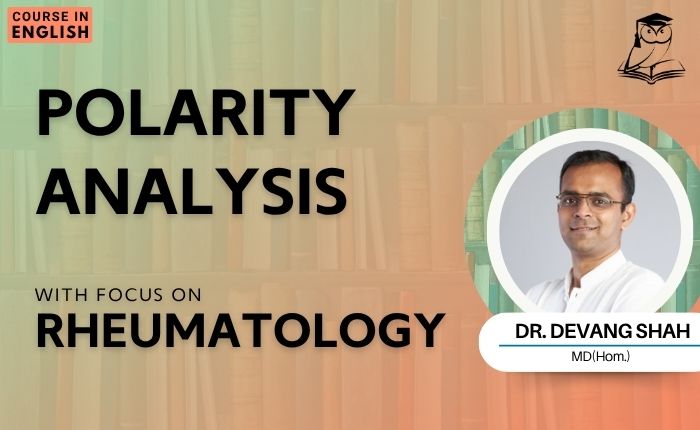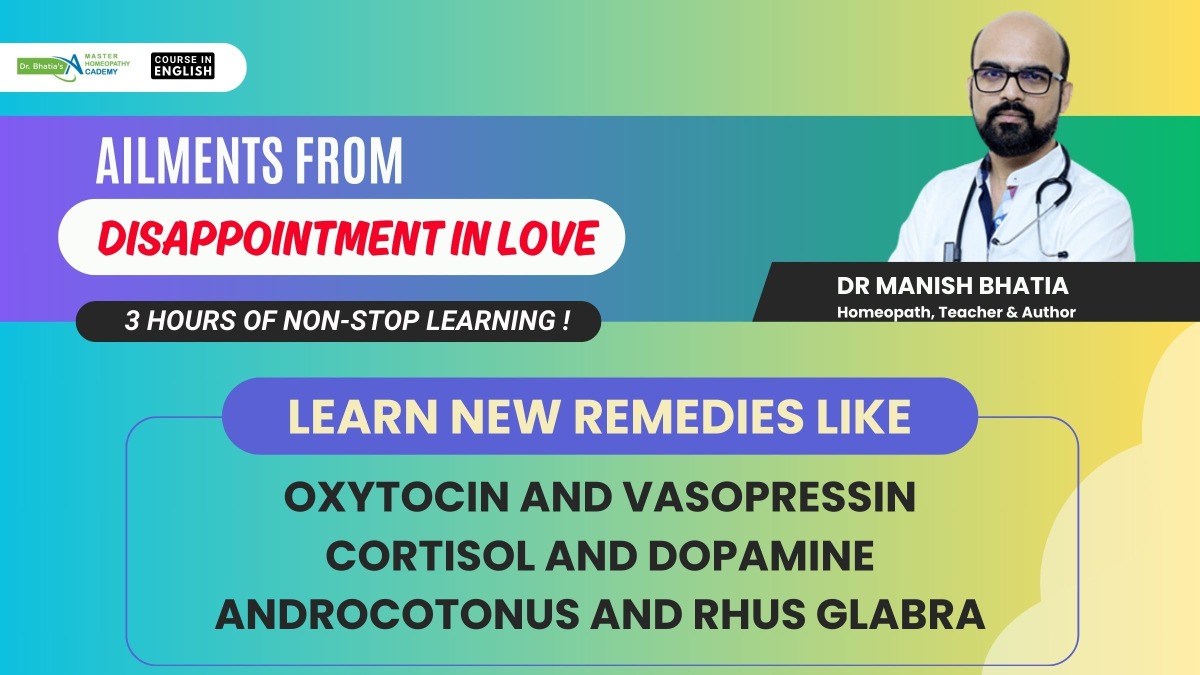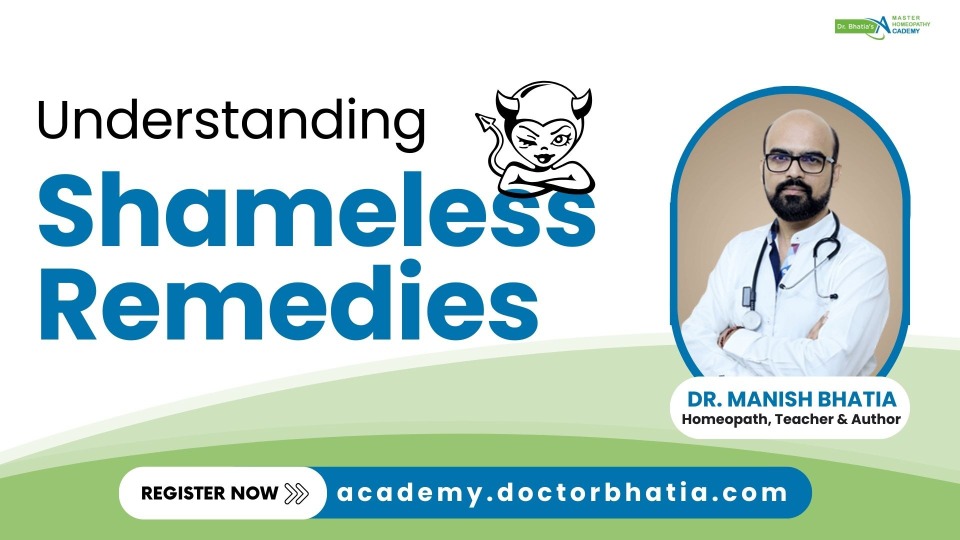Learning materia medica is the backbone of becoming a good homeopath. Yet, almost every student and even many practitioners confess how challenging it is to recall remedy profiles when they are needed the most. Why is it so hard, and what can we do about it?
The Challenges in Remembering Materia Medica
Volume and Overlap
With hundreds of remedies, each having detailed mental, physical, and general symptoms, the sheer volume of information is overwhelming. To make matters harder, many remedies share similar symptom pictures, which can blur distinctions.
Abstract and Qualitative Data
Unlike pharmacology or biochemistry, materia medica relies heavily on subjective experiences and qualitative symptoms. This makes it less concrete and harder to “fix” in memory without a strong anchor.
Contextual Recall Needed
Remedy knowledge is not just about remembering facts—it’s about retrieving the right picture in a clinical context. This requires flexible memory, not rote recall.
Evidence-Based Memory Techniques
Research in cognitive psychology and learning sciences offers us some tools:
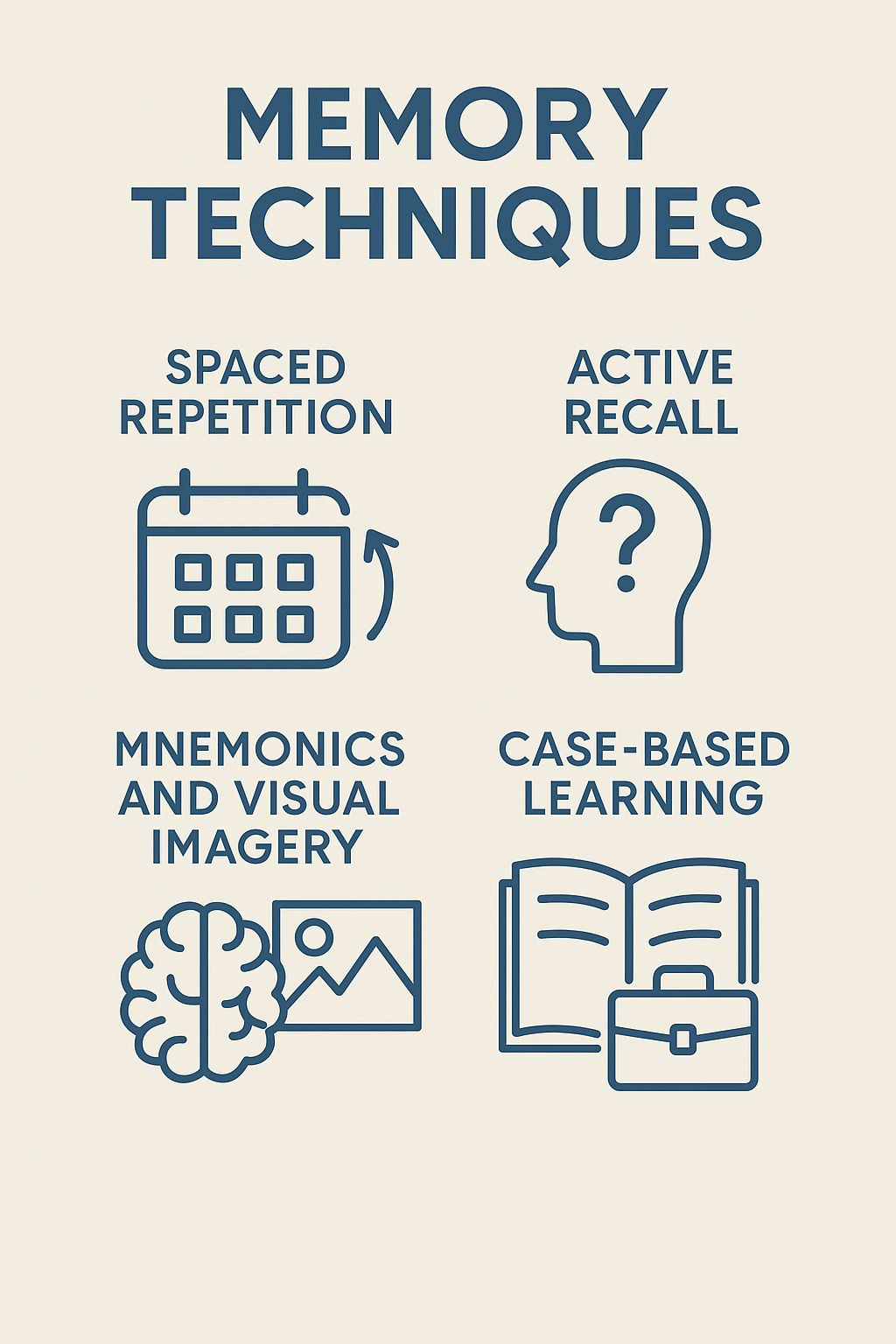
Spaced Repetition (Ebbinghaus’ Forgetting Curve)
Memory studies show that repeated exposure to information at spaced intervals dramatically improves retention. Digital tools like Anki or Quizlet can be used to review remedy profiles systematically, strengthening long-term recall.
Active Recall
Instead of re-reading materia medica texts, testing yourself (e.g., “What are the key modalities of Bryonia?”) forces the brain to retrieve information, which is proven to enhance memory consolidation.
Mnemonics and Visual Imagery
Studies on associative memory suggest that linking abstract information with vivid images or acronyms helps recall. For example, remembering “Bryonia wants to be still as a stone” makes the “aggravation from motion” stand out.
Chunking
Cognitive load theory shows that breaking down large amounts of information into smaller, meaningful clusters improves learning. Remedies can be grouped by families (e.g., polychrests, snake remedies, salts) or by key modalities (e.g., thirstless vs thirsty fever remedies).
Case-Based Learning
Research on medical education highlights that applying knowledge in problem-based scenarios improves retention. Studying remedies through cured cases instead of isolated rubrics provides a narrative, making the remedy “come alive.”
The Role of a Good Teacher
Even with memory techniques, nothing replaces the guidance of a good teacher. Why?
Pattern Recognition: A seasoned teacher helps you see the red threads and essences of remedies rather than memorizing scattered symptoms.
Clinical Relevance: Teachers share cases that show how remedies behave in real patients, which strengthens contextual recall.
Motivation and Discipline: The structure of regular teaching prevents students from drifting into unstructured, overwhelming self-study.
As the old saying goes: “Materia medica is not learned; it is absorbed.” A good teacher creates the conditions for this absorption, balancing science with art.
Conclusion
Remembering materia medica is difficult because of its depth, volume, and qualitative nature. But with modern memory strategies like spaced repetition, active recall, mnemonics, and case-based learning, we can strengthen our recall. At the same time, the guidance of a good teacher ensures that we don’t just remember remedies—we understand them in their living essence.
If you would like to learn some new remedies and master some old ones from some of the best homeopathy teachers in this world, don’t miss the Remedy Roundtable 2025 – a unique course to master materia medica with some world-renowned teachers!

